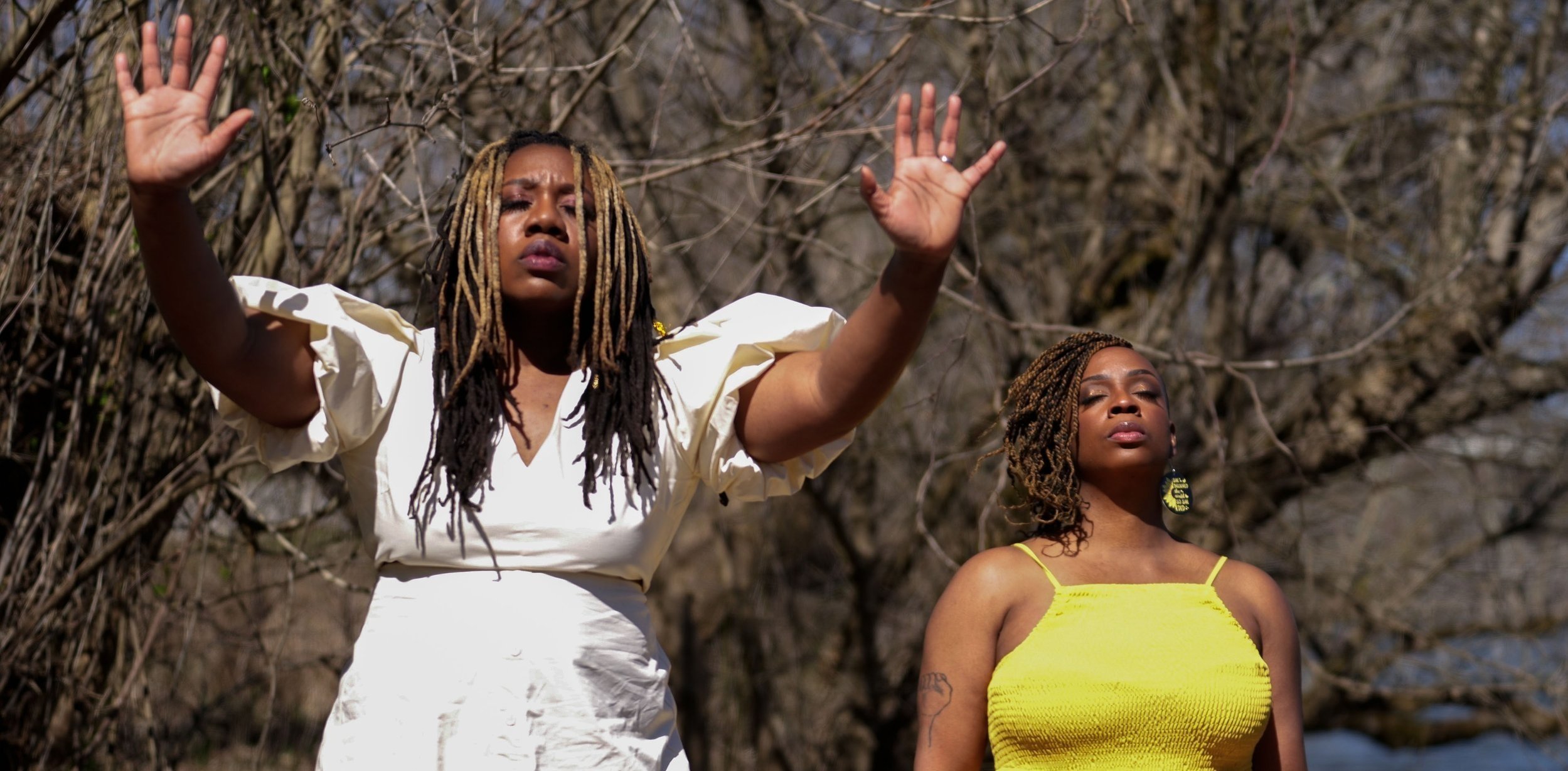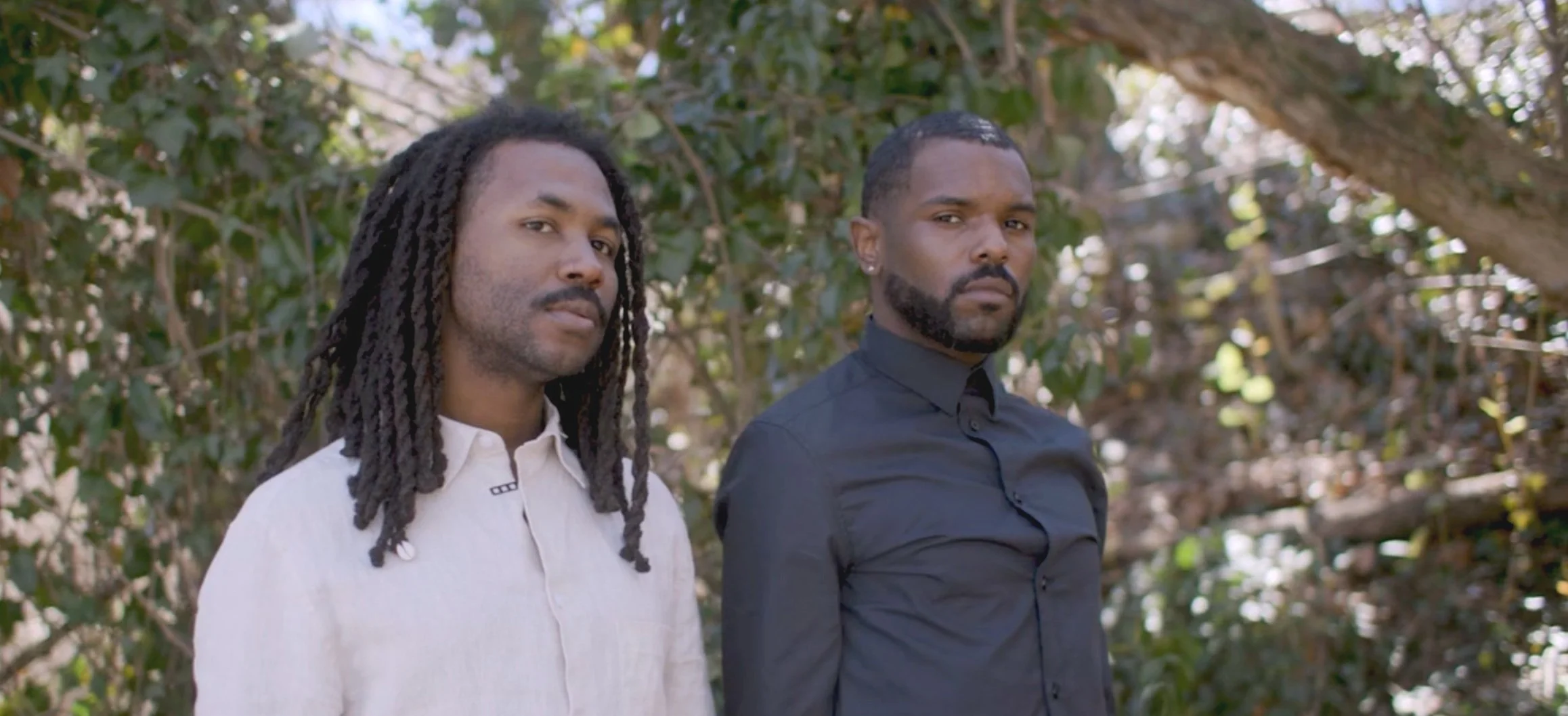Weariness to the Flesh includes two short films that explore some of Asheville's history and culture and interviews from natives and longtime residents.
Project statement
In 1866, former North Carolina Provisional Governor William Woods Holden gave remarks at the Freedmen's Convention in Raleigh, where he lectured the recently freed Black men on the duties of citizenship, like being "industrious, temperate and economical." He also warned them to "avoid all temptations to idleness and dissipation."
Holden's remarks made it clear that these men and their families should seek to "cultivate the friendship of the whites" and to stay away from politics because that was a "weariness to the flesh" among white people and because he thought Black people had not yet demonstrated capacity for self-government. Holden wasn't alone in expressing that sentiment as some 19th century Asheville residents like Cornelia Henry viewed freedom for African Americans as a "disease" and wished the "great annoyance" would leave town.
Contrary to that sentiment, the descendants of Africans were more than capable of self-governing and being "citizens." As historian and scholar John Hope Franklin writes in From Slavery to Freedom, when studying African history, it is evident that culture and traditions were also taken aboard slave ships. "It is to be remembered, furthermore, that the Negro slaves came from a complex social and economic life; and they were not overwhelmed or overawed by their New World experiences," he says. Black history in Asheville illustrates this notion.
African American history doesn’t begin with ships arriving in the Americas. In The Debt, Randall Robinson writes that "to be whole again" African Americans need to "know the land of their forebears when its civilizations were verifiably equal to any in the world." He adds that the "cost of this obstructed view of ourselves, of our history, is incalculable."
In Asheville, institutions like the "Castle on the Hill" and the Young Men's Institute; citizens like Isaac Dickson and Hester Walker Ford Lee; and organizations like the Asheville Student Committee on Racial Equality all show a self-determining, community spirit that evokes the African past. Through short artistic films, programs, and interviews, Weariness to the Flesh further shares Asheville's Black history and encourages today's citizens to remember who they are and from which they come.
"In Asheville and western North Carolina, blacks were virtually invisible — especially politically — and were thus marginalized in all areas of the city's post-Civil War development. This marginalization might have been missed by the casual observer because the city's white leaders were successful in constructing a veneer that suggested the city was peaceful and progressive in all areas of life."
— Darin J. Waters, Life Beneath The Veneer
Short films
Channels of Hope asks viewers to invoke memories of ancestors as they consider the world they envision. Performed by Alexandra Joye Warren and LaVie Montgomery.
Generational Guardians takes viewers through Asheville's Black history using poetry and movement. Performed by Johnny Lee Chapman, III and Anthony Otto Nelson, Jr.
Reference materials
Angels Unaware: Asheville Women of Color, Helen Moseley-Edington
Visionaries: Asheville Men of Color, Helen Moseley-Edington
Philanthropic Experimentation: George Vanderbilt, the YMI, and Racial Uplift Ideology in Asheville, North Carolina, 1892-1906, Darin J. Waters
Life Beneath The Veneer: The Black Community in Asheville, North Carolina from 1793 to 1900, Darin J. Waters
Reconstruction's Ragged Edge: The Politics of Postwar Life in the Southern Mountains,
Steven E. Nash
Asheville: A History, Nan K. Chase
Western North Carolina Since the Civil War, Ina Woestemeyer Van Noppen and John James Van Noppen
Mountain Masters: Slavery Sectional Crisis Western North Carolina, John C. Inscoe
From Slavery to Freedom, John Hope Franklin
The Free Negro in North Carolina, 1790-1860, John Hope Franklin
The Negro in North Carolina, 1876-1894, Frenise A. Logan
Love Letters to Magnolia, S. Charmaine McKissick-Melton
African American Hospitals in North Carolina: 39 Institutional Histories, 1880-1967, Phoebe Ann Pollitt
The Debt, Randall Robinson
The Coming, Daniel Black
There Is a River, Vincent Harding
William Woods Holden: Firebrand of North Carolina Politics, William C. Harris
Asheville, Western North Carolina in World War II, Reid Chapman and Deborah Miles
Images of America: Asheville, Douglas Stuart McDaniel
Uneven Lies: The Heroic Story of African-Americans in Golf, Pete McDaniel
African Art in Motion: Icon and Act, Robert Farris Thompson
Greater Than Equal: African American Struggles for Schools and Citizenship in North Carolina, 1919-1965, Sarah Caroline Thuesen
Black Manhood & Community Building in North Carolina: 1900-1930, Angela Hornsby-Gutting
I Dream A World: Portraits of Black Women Who Changed America, Brian Lanker
Portraits of the Past, Asheville Citizen-Times Sept. 12, 2014
Stephens-Lee Comes Home: Class Reunion Turns Into All-Alumni Bash, Asheville Citizen-Times July 11, 1991
In Search of Edward Stephens, Asheville Citizen-Times, Feb. 20, 2011
Asheville Chamber honors local living legend with portrait, Asheville Chamber of Commerce, Nov. 2, 2022
James E. Ferguson II Oral History Interview, J. Murrey Atkins Library Special Collections, UNC Charlotte (Civil rights and desegregation in Charlotte), Nov. 11, 2001
Minutes of the Freedmen's Convention Held in the City of Raleigh on the 2nd, 3rd, 4th, and 5th of October, 1866
Asheville African American Heritage Resource Survey, Acme Preservation Services LLC
Southside Community History Project Collection, Pack Memorial Library (Buncombe Co. Special Collections), Asheville, North Carolina
Robert Henry Papers, Pack Memorial Library (Buncombe Co. Special Collections), Asheville, North Carolina
William Lewis Henry Papers, Pack Memorial Library (Buncombe Co. Special Collections), Asheville, North Carolina
Solid reputation and innovative ideas lead to history-making accomplishments, The Envoy Guide Oct./Nov. 2021
An Archaeological Assessment of the Eagle Market Place Project Area, Pack Memorial Library (Buncombe Co. Special Collections), Asheville, NC
By-Laws of The Asheville Colored Hospital Staff
This project is a partnership between consultant and Black On Black Project founder Michael S. Williams and the North Carolina Museum of Art. It is made possible through funding from the William R. Kenan Jr. Charitable Trust.

